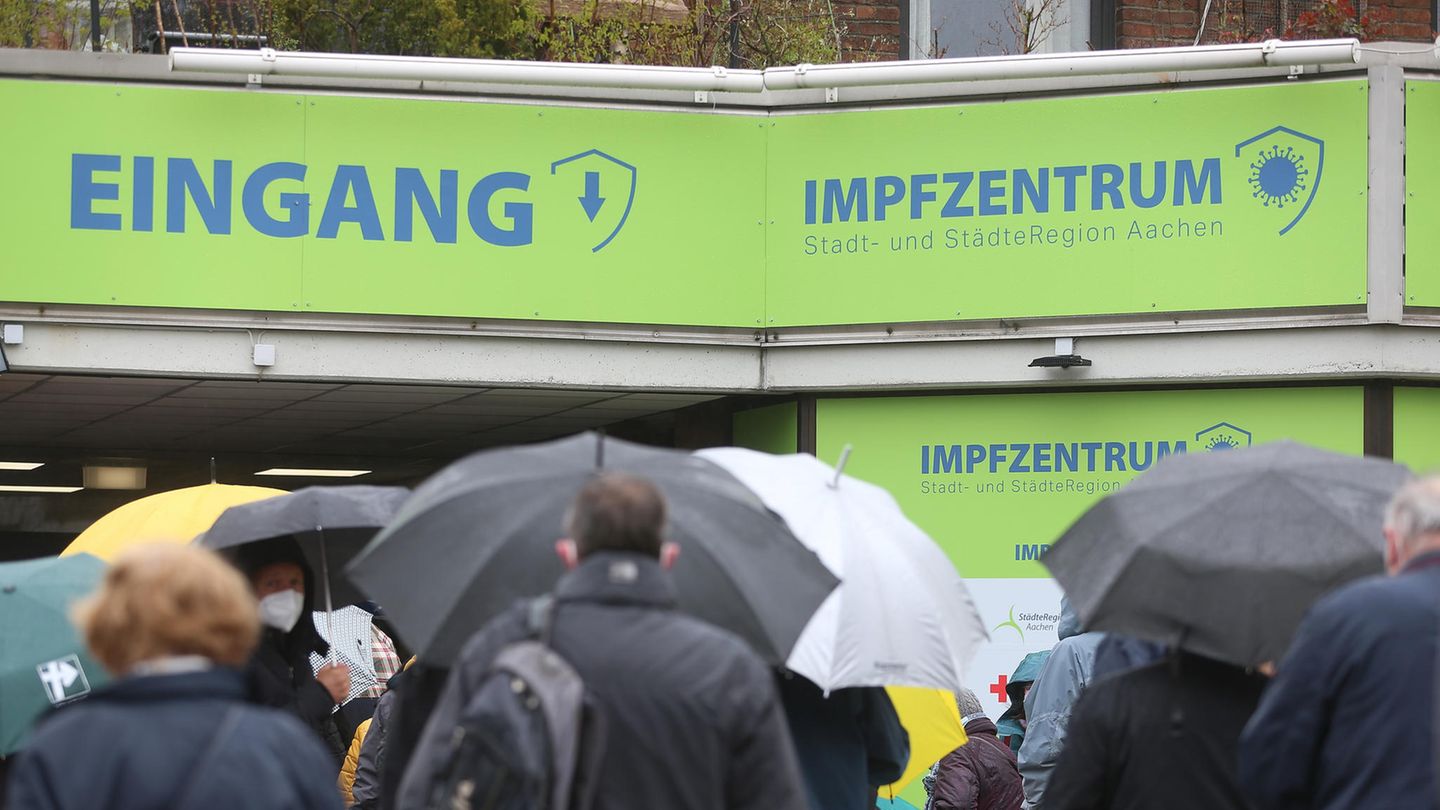Anyone who has to be in quarantine and is not vaccinated will no longer receive any wages from November 1st. This new regulation by the federal and state governments is controversial – among other things because civil servants are not affected.
No replacement payment for unvaccinated workers: This was agreed by the health ministers at a conference last week. Those who are not fully immunized against the coronavirus by November 1 and have to be in quarantine should forego continued payment of their wages. This decision sparked a divided echo.
The chairman of the World Medical Association, Frank Ulrich Montgomery, praised the advance. He told the “Augsburger Allgemeine” that those who do not get vaccinated must also bear the consequences of their actions. It is right if, three months after sufficient vaccination offers, financial benefits such as compensation for loss of earnings cease to exist. The municipalities and the Association of Towns and Municipalities see it similarly.
On the other hand, criticism comes from the German Trade Union Federation and the social association VdK Germany. “It cannot be that politics simply dump the responsibility for the fight against the pandemic on the employees. We continue to reject compulsory vaccinations through the back door,” said DGB chairman Reiner Hoffmann to the “editorial network Germany”. In addition, the new regulation also means that employees must disclose their vaccination status to the employer.
Not all occupational groups affected
And another point gives cause for criticism: civil servants are excluded from this regulation. This is mainly due to legal reasons, as the federal states and the German Association of Civil Servants agree upon the request of the stern communicate. Accordingly, unlike employees, civil servants are paid according to the so-called alimentation principle.
This obliges the employer – in this case the state – to pay for the civil servants’ livelihood. This also includes retirement and sick leave. Civil servants are therefore not subject to the new regulation of the Infection Protection Act in the case of quarantine. At the same time, they have “no right to compensation under the IfSG,” says Schleswig Holstein.
However, civil servants can also lose their pay, for example “if they culpably fail to work,” explains a spokeswoman for the Lower Saxony Ministry of the Interior. “For trips to risk areas and the conscious acceptance of the subsequent quarantine, we already made it clear in 2020 that the salary will be lost if no service can be performed during the quarantine.” The situation is similar in the other countries. However, each case must be examined individually.
At the same time, officials are obliged to perform their duties in quarantine. If you are not able to do this, for example because you do not have the option to work from home, a loss of earnings is theoretically possible, according to Thuringia’s Ministry of Finance, among other things. However, only if officials have to be in quarantine through their own fault. And not being vaccinated is not a breach of duty, because there is no compulsory vaccination for the coronavirus.
Teachers as a prime example of injustice
The regulation of whether civil servants remain an exception or whether they should be treated like all other employees is currently being discussed between the federal and state governments.
VdK President Verena Bentele condemned this in the strongest possible terms. She told the “Berliner Zeitung”: “The difference between civil servants and employees shows again how half-baked and unfair the decision of the health ministers on loss of earnings is.” This becomes particularly clear with teachers. Unvaccinated civil servant teachers continue to receive their salaries, while salaried colleagues have to reckon with lost wages.
The Brandenburg Ministry of Finance also sees the regulation as a problem that needs “a just solution that can be communicated to the people”. “In any case, Finance Minister Katrin Lange does not intend to seriously explain any unequal treatment to anyone from November onwards. That will certainly not take place; after all, we are not making ourselves ridiculous here,” a spokesman said on request.
Brandenburg, Mecklenburg Western Pomerania and Bavaria are currently busy examining the exemption for civil servants.
Jane Stock is a technology author, who has written for 24 Hours World. She writes about the latest in technology news and trends, and is always on the lookout for new and innovative ways to improve his audience’s experience.




